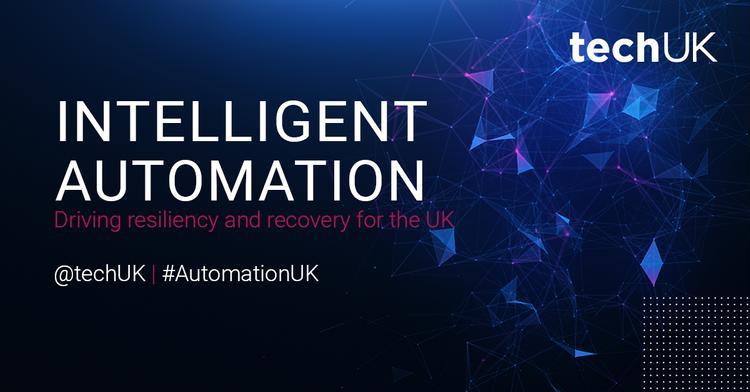Intelligent automation and emerging technologies: Innovative use cases

The exacting nature of coding makes it tricky to create, tough to debug and sometimes precarious to implement. With this in mind, there have been many shortcuts attempted to circumvent the heavy lifting of code creation. Some of the most prominent movements have been low code - platforms which offer professional developers pre-coded assets to help speed up application creation - and more recently no code, which removes the need for professional developer knowledge entirely and functions via the drag and drop configuration of a library of pre-made modules.
These technologies indicate the direction the wind of change is blowing. Essentially wider software development appears to be following the same path as tech such as website creation. Once a highly skilled and exclusive club, website creation now has a full range of entry points, from high-end bespoke projects in which companies can guard their IP and brief specialist functionalities, to amateur-friendly platforms like Squarespace.
With the trend for simplified application creation, alongside the movement towards intelligent automation, the emergence of Intelastel’s Autonomous Software seems a natural next step on the path to streamlined and efficient development. Autonomous Software will accelerate the application-building process by the use of Data and Application Consciousness. Autonomous Software’s Data Consciousness will be able to intelligently understand the data it’s fed, automatically classify, normalise and join it, and then contextualise it during the build process, shortcutting manual entry and configuration. Application Consciousness will then help with the automated discovery of new applications that can be created, and will guide the business user through the build and composition process. Following build, during product use Application Consciousness will observe the way data moves through its system and make recommendations based on the problems you need to solve. And due to its simple no code-inspired configuration, making changes to the system will be easy, and can be undertaken without professional developer input. In this way, software creation moves from a static, pre-operation process to a dynamic and iterative one, in which daily business use continually feeds into optimisation of the platform.
To walk through an example: imagine a businesswoman, called Sally, who runs a flower ecommerce website. She gathers contact information through a web form, which includes names, email addresses, and anniversaries. Using its Data Consciousness technology, when Sally adds her customer data into Intelastel, the system automatically recognises and tags the dates as anniversaries, saving Sally valuable admin hours. Application Consciousness then guides her through the application composition process, integrating with her external CRM system, to allow tailored ‘remember the date’ messages to go out to her existing customers’ email addresses two weeks before their anniversaries, personalised with their first name. Intelastel then receives data from the CRM system regarding open rates, click-through and bounce rates, so Sally can analyse whether her ongoing campaign was effective, or whether her high bounce rate suggests she needs to clean up her contact lists.
This next-generation platform appends the inclusivity of no code platforms with the enterprise-level relevance of low code, and then develops this further with the use of artificial intelligence. With Intelastel, business users outside of the IT department can create sophisticated applications without technical expertise, and, in the future, will be guided by the platform through the build process, and informed of optimisations during operation. The results are applications that are built quickly, will be able to self-analyse and can be improved with a fraction of the time and effort required currently, and which will allow business leaders to transform their organisations overnight.
Business application creation has undergone a huge evolution within the last few decades, from raw machine code and low level languages to high-level, interpretive coding, to low code to then to no code. Autonomous Software is set to become the next step on the path to business application composition, an AI-enhanced and automation-ready application composition platform allowing business users to compose and configure their own applications quickly and allowing software to stay in step with business growth.
The Intelastel no code application builder enables business professionals to build sophisticated applications from their data, without specialist developer knowledge. Find out more at www.intelastel.com
You can read all insights from techUK's Intelligent Automation Week here

Laura Foster
Laura is techUK’s Associate Director for Technology and Innovation.

